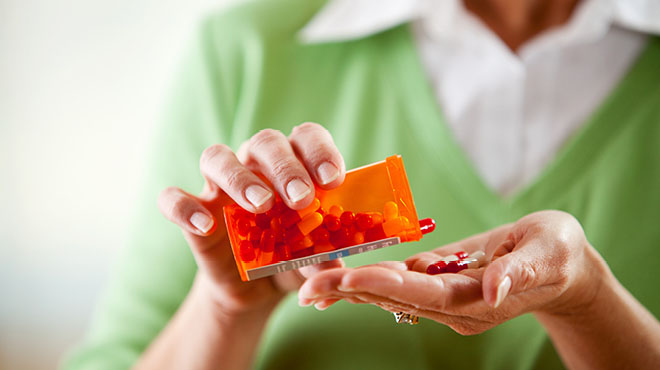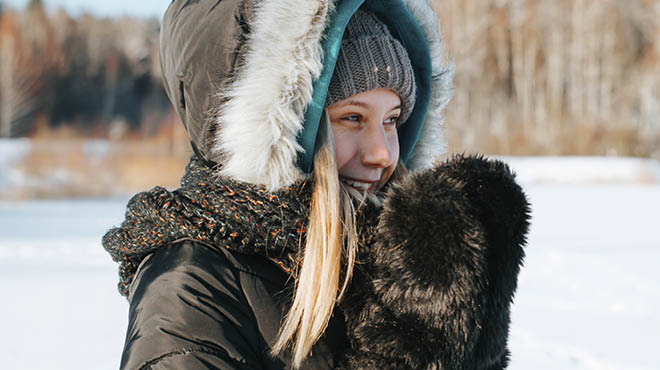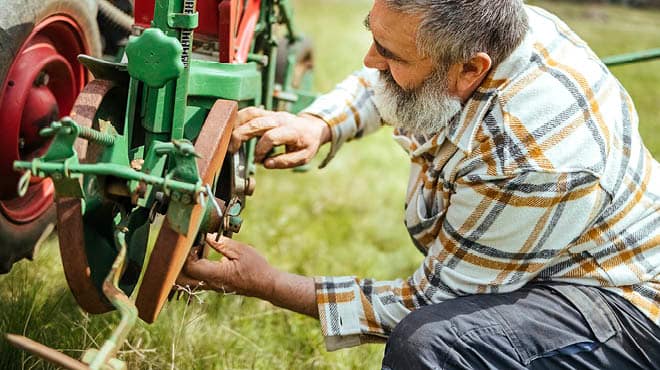Recent Posts
Healthy home advice: Falls, chemicals, medications, sharps

When thinking about staying healthy, your home may seem like the safest place. A big part of being healthy means preventing accidents and injuries in your own home.
To improve your well-being, consider these tips:
Fall prevention
Falls are quite common, especially among the senior citizen population and during the winter months.
Here are a few strategies to help you avoid slips and falls:
- Light it up.
Keep your house, inside and out, well lit. Dark rooms and areas pose greater risks than spaces with adequate lighting. - Remove clutter.
Excess boxes, cords and rugs should be stored in a safe place. These things, among others, are all fall hazards. - Use support as needed.
If you move around better with a cane or walker, use that device. And make sure you have hand railings, seating and nonslip treads throughout your home, including in your bathroom and shower. - Wear practical shoes.
Choose sturdy, well-fitting shoes with skid-proof soles. High heels, sandals, slippers and stocking feet can be a catalyst for falling. - Stay active.
Physical activity keeps you moving, and enhances your strength, balance, coordination and flexibility — all of which help reduce falls. - Talk with your healthcare provider.
Discuss medications and health conditions that could possibly contribute to falls. Additionally, cover your fall history and what led to those incidents.
Medication safety
Always keep your medications in their original containers, except for medications you choose to place in a daily pill box. Use this pill box to assist with compliance, and always store medication in a safe place. Never take another person's medication, share your medications or take more or less of a medication than directed. Dispose of unused or unneeded controlled substances and all old medications.
Another common and often overlooked danger in the home is the common chemicals you have on shelves, benches and countertops.
Follow this advice when it comes to household chemicals:
- Store chemicals in original containers. If that's not an option, be sure to clearly label the bottle or can.
- Keep cleaners and other toxins out of the reach of children.
- Read warning labels.
- Follow safety instructions.
- Have the poison control center phone number available: 800-222-1222.
- Properly dispose of expired, leaking or contaminated chemicals.
- Don't combine chemicals.
- Keep chemicals far from food items.
- Stay diligent about hand-washing after using cleaners and other chemicals.
Sharps disposal
According to the Minnesota Pollution Control Agency, sharps, including needles, lancets and syringes, should be stored in a sharps disposal container or a laundry detergent bottle with a cap. Sharps disposal containers are available for purchase at most pharmacies.
Destroy sharps at home by using an incinerating device or needle cutter. Melted metal and remaining parts of syringes can then be safely deposited in the garbage — not the recycling bin. Dispose of clipped needles at a sharps collection site or via a sharps mail-back program.
Keep these fall prevention, chemical handling, medication management and sharps disposal tips in mind to ensure you, your family and your visitors are safer in your home.
By Mayo Clinic Health System staff





